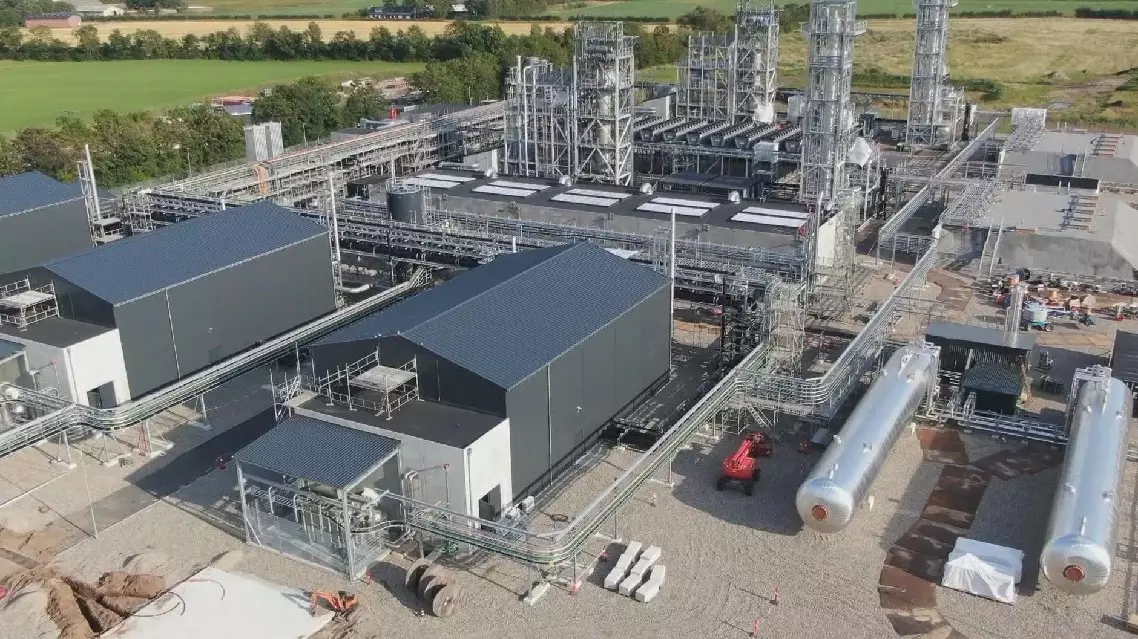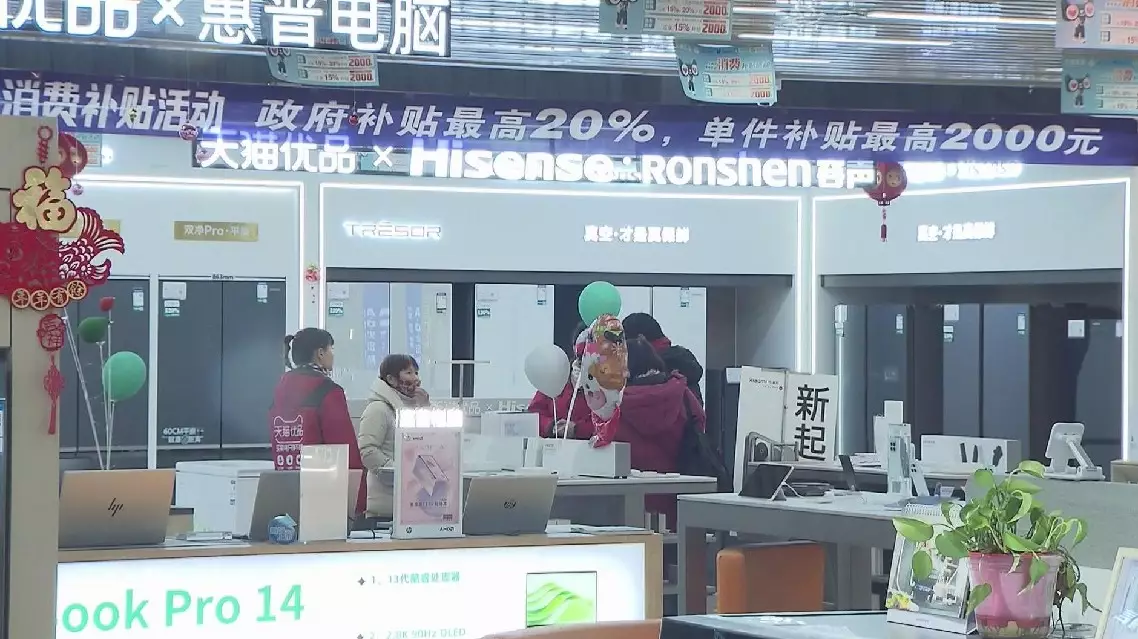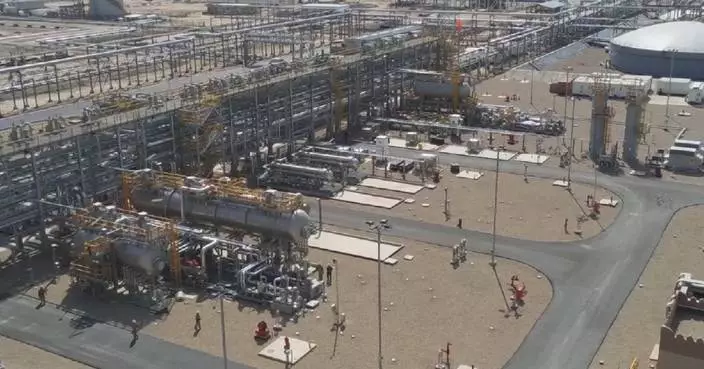As the European Union ramps up policies to reduce carbon emissions, the global shipping industry is experiencing a rapid rise in the demand for green methanol.
Danish renewable energy company European Energy has signed a cooperation agreement with Maersk, an international shipping giant, to develop green methanol fuel. The factory was completed in 2023 and is capable of supplying 32,000 tons of green methanol fuel annually.
Green methanol is generated through a chemical process that utilizes green hydrogen and biogenic CO2. It is sometimes called e-methanol, with the "e" referring to the electricity used to produce it.
In this process, CO2 is captured from various existing sources. Green methanol has numerous applications, including serving as fuel for heavy transportation, such as trucks and ships, as well as a raw material for the plastic industry and the creation of green, sustainable plastic products.
"We made a contract three years back and we look forward to delivering very soon according to that contract. Total market for methanol, fossil methanol, is one hundred million tons a year. And a part of that is now in the process of being converted to green methanol," said Knud Erik Andersen, CEO of European Energy.
European Energy has been awarded a grant exceeding 50 million euros by the EU Commission under the EU Innovation Fund for an upcoming green methanol facility in Denmark.
In July 2023, the International Maritime Organization (IMO) adopted the 2023 IMO Strategy on Reduction of Greenhouse Gas (GHG) Emissions from Ships. This strategy mandates that CO2 emissions per unit of transport work, averaged across international shipping, must be reduced by at least 40 percent by 2030 compared to 2008 levels, with the goal of achieving net-zero GHG emissions by around 2050.
To achieve this goal, using green methanol as fuel for international shipping serves as a promising solution.
"Carbon border tax is of course a new regulation initiative from the EU. I think it will start in 2026. I think it will further stimulate demand for e-methanol," Andersen said.
"On January 1 of this year, (the EU) officially included methanol used in shipping in its emissions trading system. As a result, the EU is positioned to be more advanced globally in terms of technical input, policy support, and trading frameworks," said Zhang Li, Executive Dean of the China Electric Power Carbon Neutrality Development Research Institute.
As EU policies tighten, global orders for methanol-powered ships are experiencing substantial growth.
"Major shipowners have been reforming their ship engines one after another. The progress in upgrading methanol bunker vessels and methanol fuel vessels has accelerated significantly in recent years. By the end of October, nearly 400 ocean liners had successfully adopted this methanol dual-fuel system," said Xu Tao, deputy general manager of Sinopec Fuel Oil Sales Co., Ltd.

EU action to cut carbon emissions drives surge in green methanol demand









